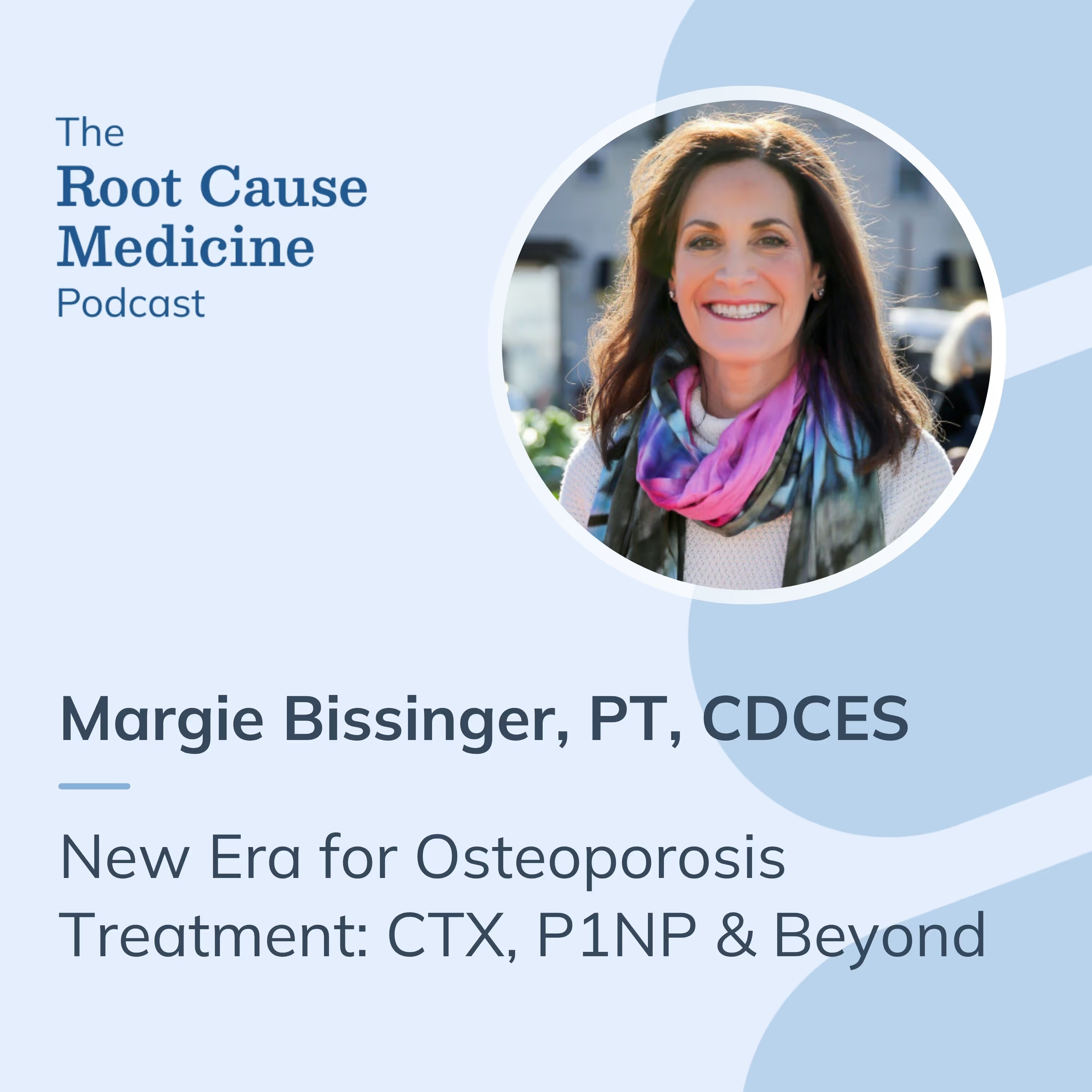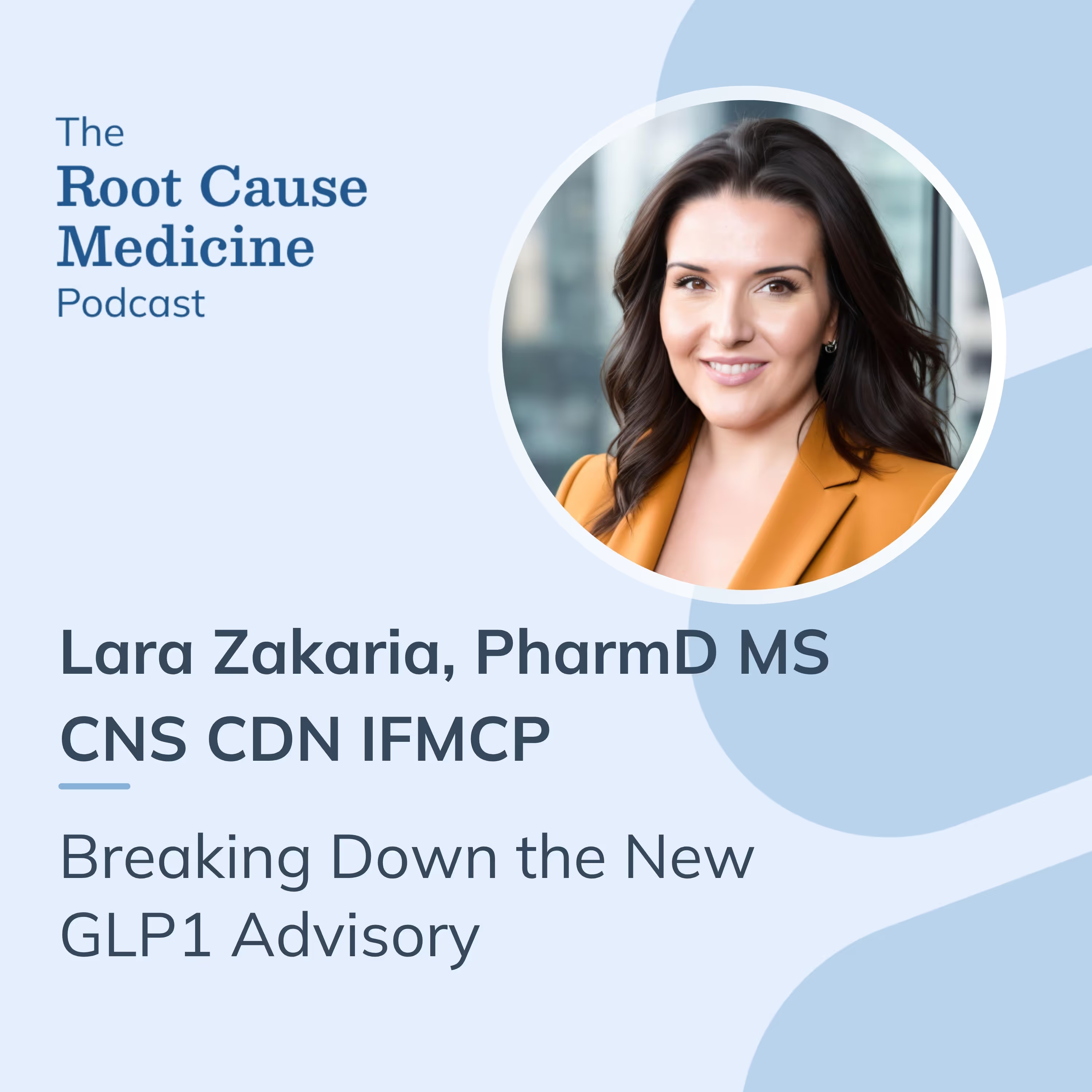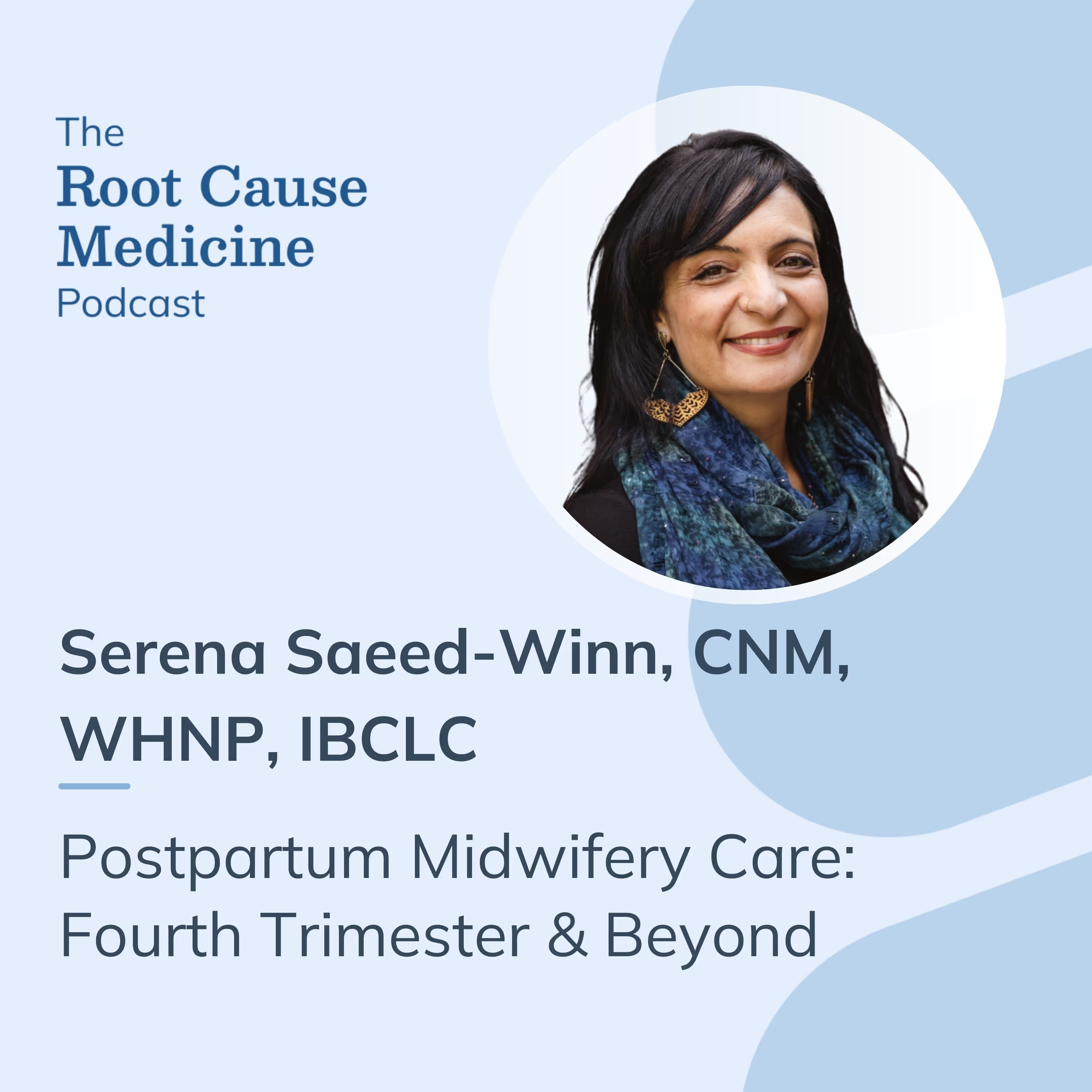In an era where patients often turn to the internet as their first source of health information, digital marketing has become indispensable for medical practices. Gone are the days when word-of-mouth referrals and local print ads were sufficient to attract new patients. Today's healthcare consumers expect to find detailed information about providers, services, and health conditions online before making decisions about their care.
This article aims to demystify digital marketing for medical professionals and explain how it can help practices grow, attract more patients, and improve their service visibility. We'll explore five key strategies, backed by research and industry insights, to transform your online presence and patient engagement.
[signup]
Digital Marketing in Healthcare
Digital marketing in healthcare encompasses a range of online strategies designed to connect medical practices with potential patients, build brand awareness, and foster patient engagement. This includes techniques such as search engine optimization (SEO), social media marketing, email campaigns, content creation, and pay-per-click advertising.
Why Digital Marketing is Essential for Medical Practices
Due to changing patient behaviors and expectations, digital marketing has become vital for medical practices. A survey by Doctor.com found that 80% of patients have used the internet to do a healthcare-related search in the past year (Doctor.com, 2020, "Customer Experience Trends in Healthcare 2020"). This shift towards online information-seeking presents both challenges and opportunities for healthcare providers.
Key benefits of digital marketing for medical practices include:
- Increased visibility: Online marketing helps practices appear in search results when potential patients seek healthcare services.
- Enhanced credibility: A robust online presence, including positive reviews and informative content, builds trust with potential patients.
- Improved patient engagement: Digital platforms allow for direct patient communication, enhancing relationships and care continuity.
- Cost-effective outreach: Unlike traditional advertising, digital marketing often provides a higher return on investment and more precise targeting.
A study published in the Journal of Medical Internet Research found that healthcare organizations using social media marketing reported improved patient satisfaction and increased patient engagement (Smailhodzic et al., 2016, "Social Media Use in Healthcare: A Systematic Review of Effects on Patients and Their Relationship with Healthcare Professionals"). This underscores the potential impact of digital strategies on patient-provider relationships and overall practice success.
5 Key Digital Marketing Strategies for Medical Practices
These evidence-based digital marketing strategies can significantly enhance your practice's online presence and patient acquisition efforts.
#1. Search Engine Optimization (SEO)
SEO is optimizing your website to rank higher in search engine results pages (SERPs) for relevant keywords. For medical practices, this often means focusing on local SEO to attract patients in your geographic area.
Key SEO tactics for medical practices include:
- Optimize your Google My Business listing with accurate information and encourage patient reviews.
- Create location-specific landing pages for each practice location.
- Develop content that addresses common patient questions and concerns.
A study in the Journal of Medical Internet Research found that 72% of internet users look online for health information. By implementing effective SEO strategies, medical practices can ensure they're visible when potential patients search for relevant health information or services.
#2. Social Media Marketing
Social media platforms offer medical practices an opportunity to connect with patients, share health information, and build community engagement. A systematic review published in PLOS One found that social media use in healthcare can improve health communication, education, and professional networking.
Effective social media strategies for medical practices include:
- Sharing health tips and educational content relevant to your patient base.
- Posting updates about your practice, such as new services or staff introductions.
- Engaging with patients by responding to comments and messages promptly.
- Using visual content like infographics or short videos to explain complex health topics.
Remember to always maintain patient privacy and adhere to HIPAA regulations when using social media for your practice.
#3. Email Marketing
Email marketing remains a powerful tool for patient communication and engagement. While specific PubMed research on email marketing for medical practices is limited, studies have shown the effectiveness of electronic communication in healthcare settings.
Consider implementing these email marketing strategies:
- Send appointment reminders to reduce no-shows.
- Distribute newsletters with health tips and practice updates.
- Use targeted campaigns for specific patient groups (e.g., seasonal flu shot reminders).
- Implement automated welcome emails for new patients.
Ensure all email communications comply with HIPAA regulations and include clear opt-out options for recipients.
#4. Content Marketing
Content marketing involves creating and sharing valuable, relevant content to attract and engage a target audience. This can include blog posts, videos, infographics, and patient education materials for medical practices.
A study published in the Journal of Medical Internet Research found that online health information can positively influence patient decision-making and self-management of health conditions. This highlights the potential impact of well-crafted content on patient engagement and outcomes.
Effective content marketing strategies for medical practices include:
- Creating blog posts that address common health concerns and frequently asked questions.
- Developing patient education materials on specific conditions or treatments.
- Producing short videos explaining medical procedures or offering health tips.
- Sharing infographics that present health statistics or complex medical information in an easily digestible format.
When creating content, ensure it's accurate, up-to-date, and written in language accessible to your target audience. Always include appropriate disclaimers and encourage readers to consult with healthcare professionals for personalized medical advice.
#5. Paid Advertising
Paid advertising, such as Google Ads or social media ads, can help medical practices reach specific demographics or geographic areas more effectively. While PubMed research on paid advertising for medical practices is limited, studies have shown the effectiveness of targeted health messaging.
A systematic review published in the Journal of Medical Internet Research examined the impact of web-based interventions on health behaviors and found that tailored, interactive content can effectively promote health behavior change. This suggests that when used to deliver relevant health messages, targeted paid advertising could be an effective tool for medical practices.
Consider these strategies for paid advertising:
- Use geographic targeting to reach potential patients in your local area.
- Create ads that highlight your practice's unique services or specialties.
- Develop targeted campaigns for specific health conditions or treatments you offer.
- Use retargeting to reconnect with website visitors who didn't schedule an appointment.
Remember to comply with all relevant healthcare advertising regulations and platform-specific guidelines when creating paid ads.
Measuring the Impact of Digital Marketing
To ensure the effectiveness of your digital marketing efforts, it's vital to measure and analyze your results regularly. While specific PubMed research on digital marketing analytics for medical practices is limited, studies have shown the importance of data-driven decision-making in healthcare.
Key metrics to track include:
- Website traffic: Monitor the number of visitors, page views, and time spent on your site.
- Conversion rates: Track the number of website visitors who take desired actions, such as scheduling appointments or signing up for newsletters.
- Social media engagement: Measure likes, shares, comments, and click-throughs on your social media posts.
- Email open rates and click-through rates: Assess the effectiveness of your email campaigns.
- Search engine rankings: Monitor your position in search results for key terms relevant to your practice.
Tools like Google Analytics can provide valuable insights into your website's performance and user behavior. Regularly reviewing these metrics can help you identify which strategies are working well and where improvements are needed.
It's important to note that while these metrics provide valuable information, they should be considered alongside other factors, such as patient satisfaction and clinical outcomes. A holistic approach to measuring success will provide the most comprehensive view of your digital marketing efforts' impact on your practice.
[signup]
Key Takeaways
- Digital marketing offers medical practices powerful tools to enhance visibility, engage patients, and grow their services.
- By implementing strategic SEO, leveraging social media, utilizing email campaigns, creating valuable content, and employing targeted paid advertising, practices can effectively reach and connect with their patient base.
- Regular measurement and analysis of these efforts using tools like Google Analytics allow for data-driven refinements, ensuring marketing strategies align with practice goals and patient needs.
- As with any aspect of healthcare, the key is to remain adaptable, continually educate yourself on best practices, and always prioritize patient care and privacy in your digital marketing endeavors.












%201.svg)







